
Kasha Dubaniewicz
Kasha is passionate about high-impact storytelling and believes in making positive changes that will lead to a better and happier world for all.
Did you know that composting has a wide range of benefits? From helping to reduce your environmental impact to improving overall soil quality and stability, there are many positives you can expect when you get into the habit of regular composting.
On 29 May, the world celebrates Learn about Composting Day, which not only educates people about the full spectrum of composting benefits, but also teaches people how to get started with composting.
In this post, we highlight six benefits of composting that are especially beneficial for growers currently managing their own gardens.
What is composting?
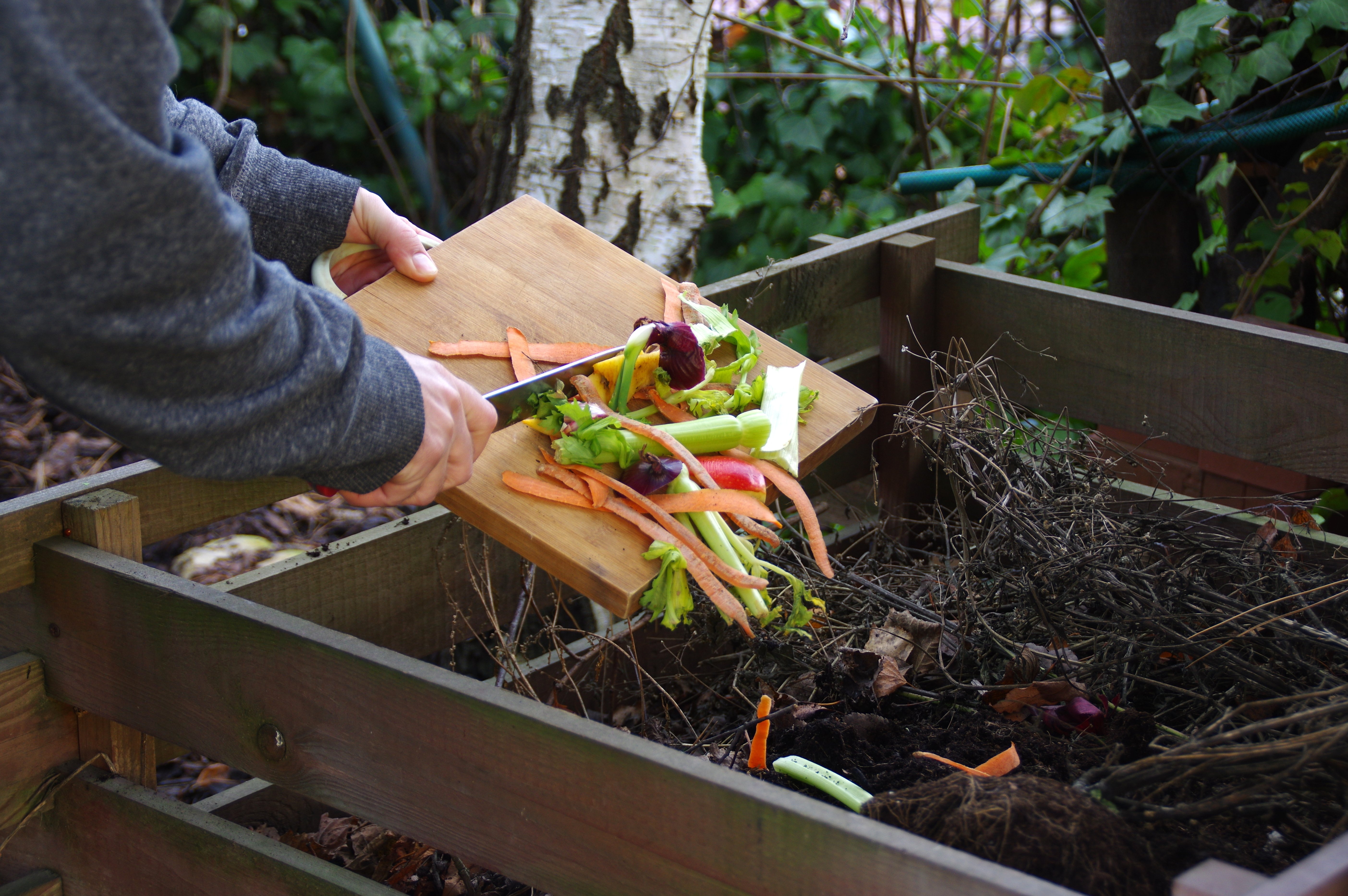
Before we get stuck into the benefits, let's start by defining what we mean when we speak about composting.
Composting is a process whereby organic materials are broken down into simpler compounds through decomposition. This can also be seen as a way to naturally recycle organic matter that would normally be classed as waste and might otherwise land up in the bin and, eventually, the landfill.
Most composts are made using a mix of green and brown organic materials. Rich in nitrogen, the green organic materials can include things like lawn cuttings, leaves as well as food scraps from your kitchen. Brown organic materials are those rich in carbon, such as wood chips, paper and woody stems.
There are a number of different composting methods you can choose from, depending on the scale of your composting needs. These include methods like open-air composting (or hot composting), direct or in-ground composting, in-vessel composting and vermicomposting (also known as worm farm composting), to name but a few.
If you'd like to find out more about different composting methods, check out this article on eight methods of composting.
The benefits of composting
Now that we know that composting makes use of readily available organic waste materials, it's easy to see how this simple activity can lead to a range of benefits, both for the environment as a whole as well as the plants you're growing and the soil you're using to grow them.
While there are too many positives to mention here, we highlight six game-changing benefits you can expect when you get into the habit of regular composting below.
Composting boosts the nutritional value of your soil
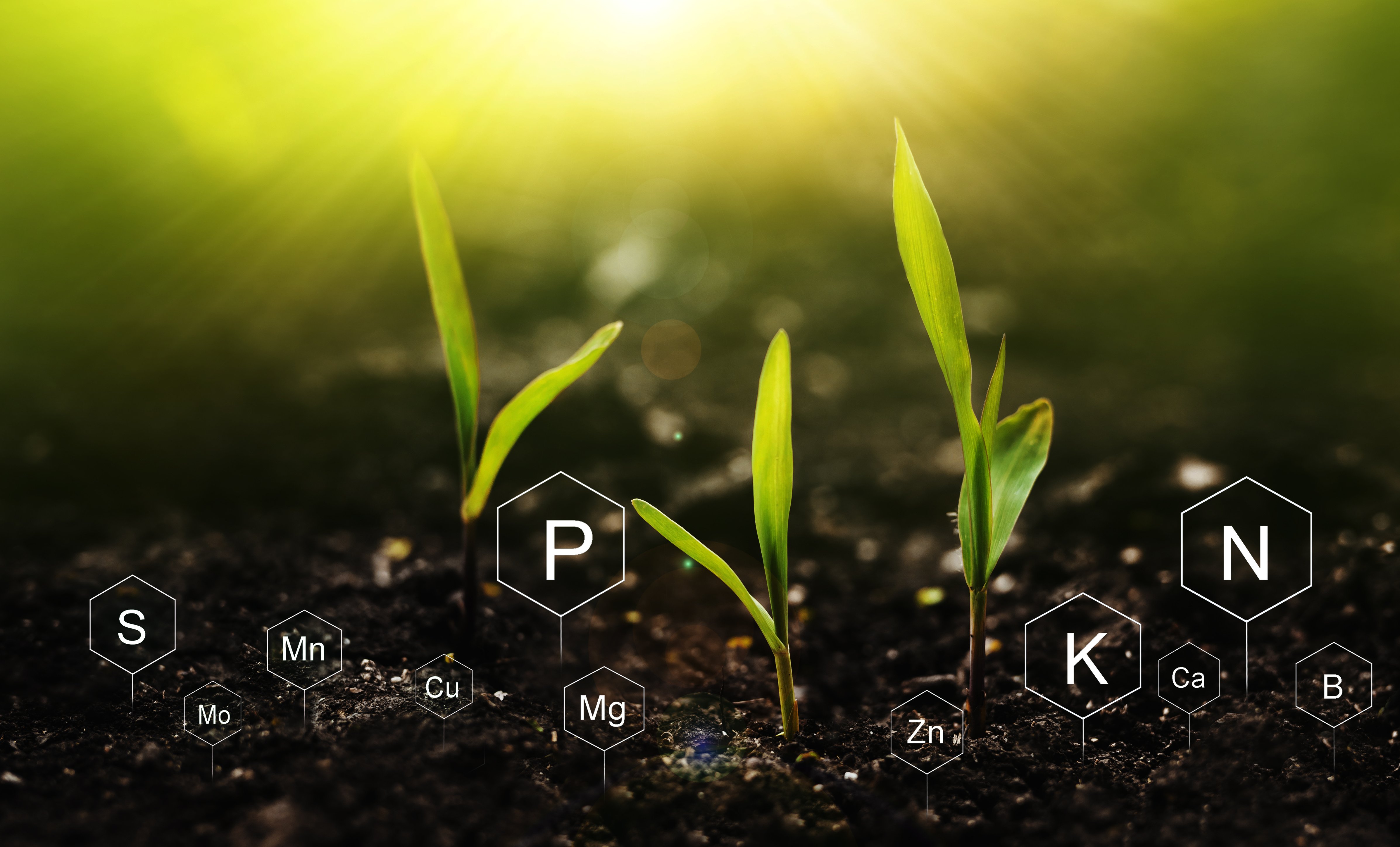
Your soil will have its own natural composition of nutrients, but, as you plant different crops and as your soil is exposed to different weather conditions, the available nutrients will naturally deplete over time.
This is when growers would normally make use of store-bought fertilisers, especially if they've spotted signs that their plants may be suffering from a nutrient deficiency. These fertilisers would add the nutrients that have become depleted in your soil.
However, when you make use of compost, nutrients such as nitrogen, phosphorus and potassium will be released into your soil as the organic materials break down. It's worth keeping in mind that it takes time for these organic materials to decompose and, therefore, for the nutrients to become available to your plants for absorption. To find out more about nutrient availability, take a look at our article on conductivity and how to measure it.
Composting reduces the need for chemical fertilisers and pesticides
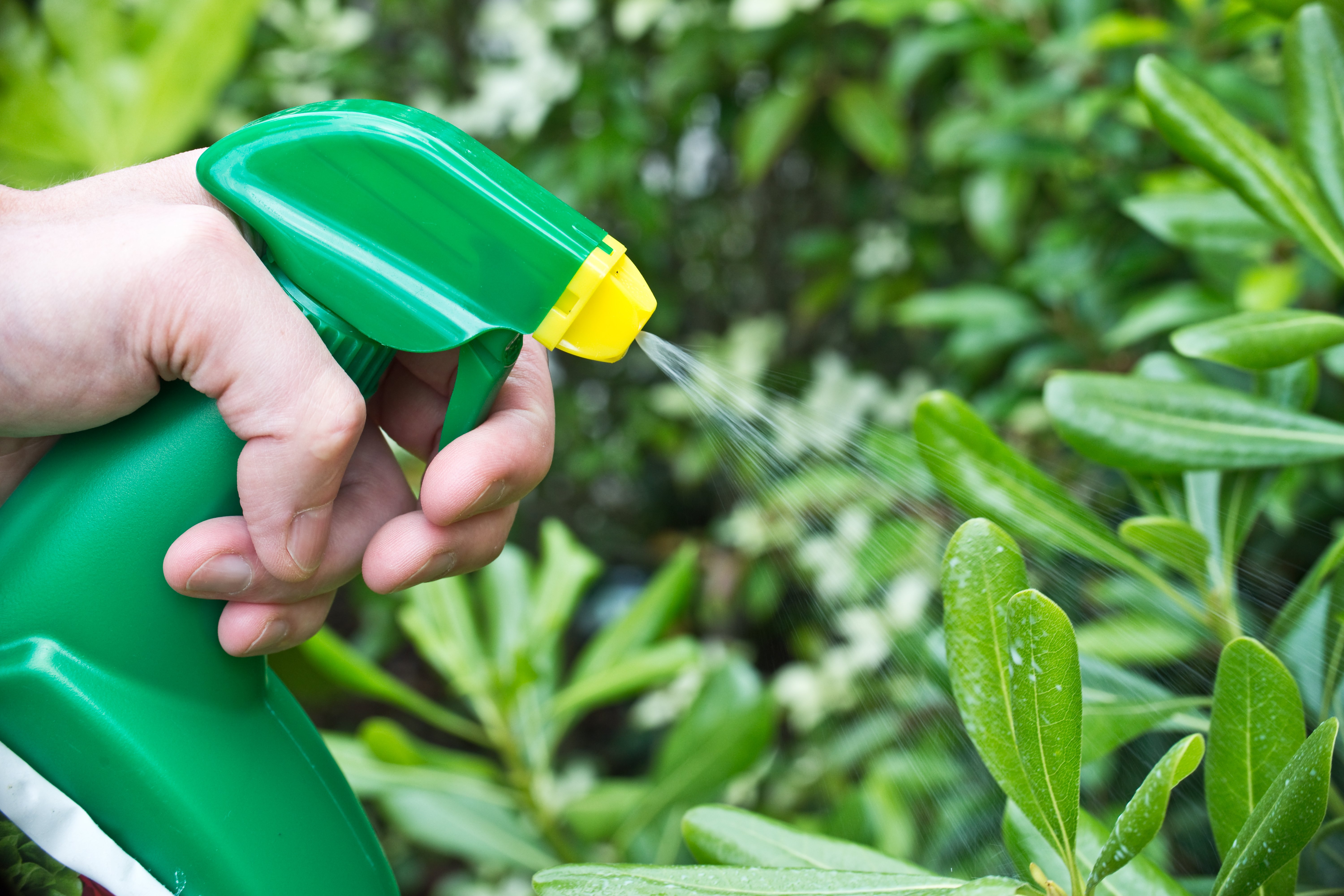
We've already alluded to this above, but when you get into the habit of regularly supplying your garden with nutrient-rich compost, you'll eventually reduce your need for store-bought chemical fertilisers.
Think of your compost as a slow-release natural fertiliser, where more and more nutrients will become available to your plants over time. Since you're getting this steady supply of nutrients, you won't need to rely on chemical fertilisers as much. This cuts down the potential for harmful chemicals making their way into water supplies as well as reducing the risk of these chemicals killing off beneficial micro-organisms already living in your soil.
And, by boosting the overall quality of your soil and plants this way, you'll also be reducing your risk of running into plant pests and disease, which will also help to cut down on the need for chemical pesticides.
Composting cuts down the amount of greenhouse gases released into the atmosphere
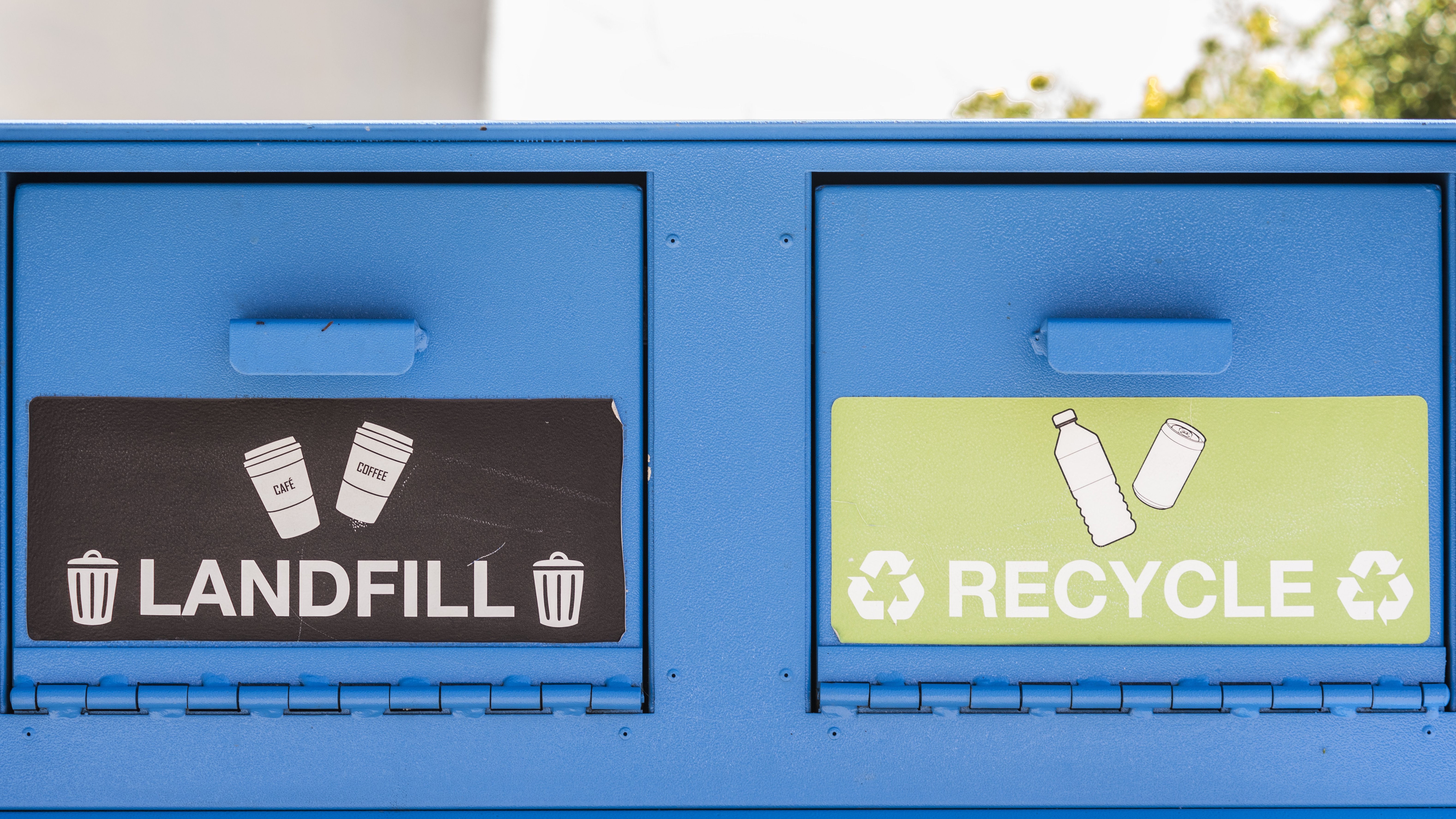
While I'm sure we'd all like to believe that the food scraps we send to the bin - and then the landfill - will eventually decompose in the same way that they would when we compost them, this simply isn't the case.
Those food scraps are usually thrown away with a mix of other materials, with all of these sealed up in a plastic bag. Since the decomposition we see in composting requires a steady supply of oxygen, our food scraps in landfills will break down in a much less efficient and slower way. As a result, landfills end up producing large amounts of harmful greenhouse gases, such as methane and carbon dioxide.
So, when we choose to compost our food scraps instead, we're choosing to let them break down in a much more environmentally friendly way, ultimately helping to reduce pressure on our landfills and cutting down on the production of heat-trapping greenhouse gases.
Composting prevents soil erosion
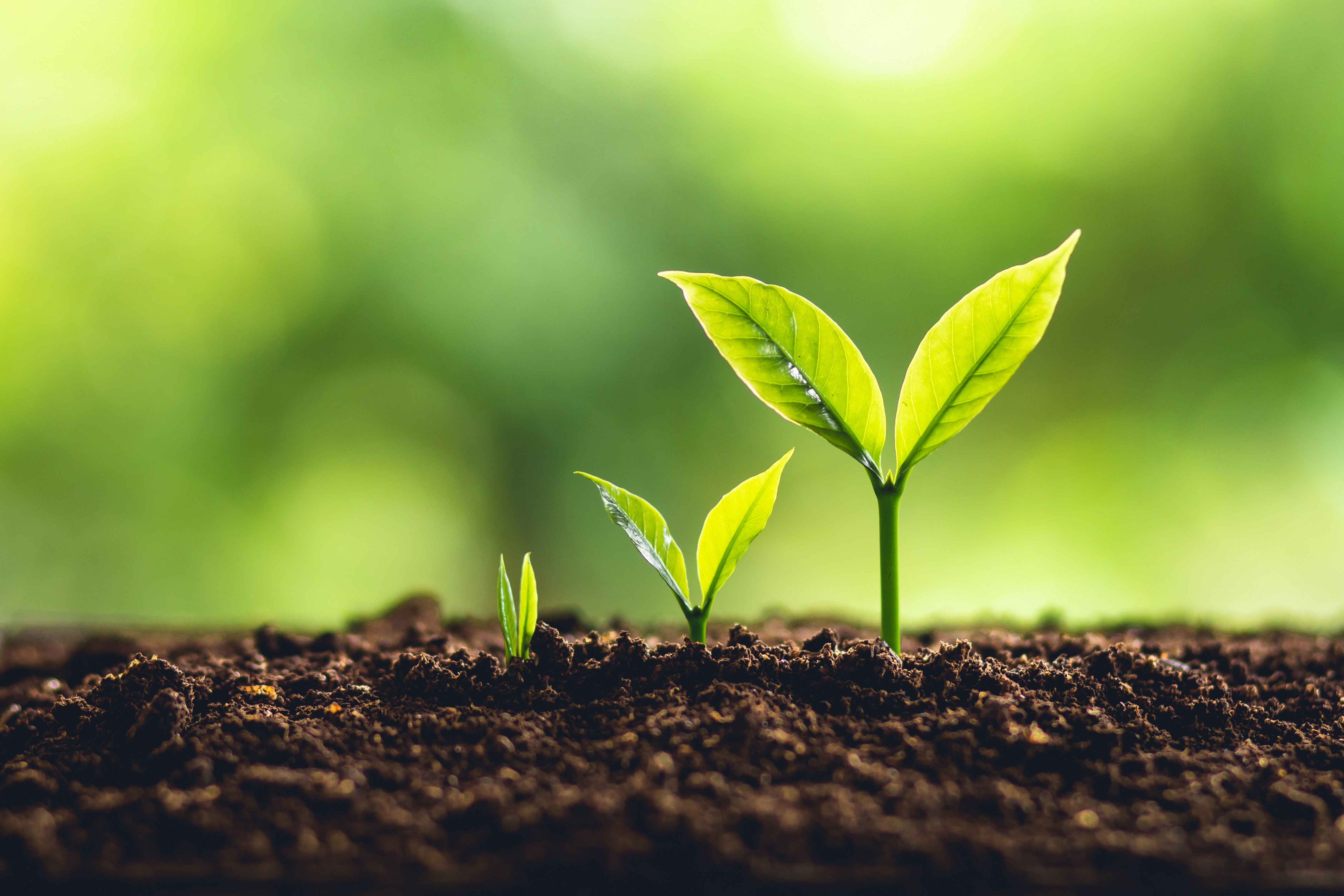
You may have seen this well-known statistic elsewhere, but it's thought that, within the last 40 years, we have lost a third of our planet's arable land to soil erosion. And soil erosion is something that all soil-based growers should be concerned about; luckily, compost can provide a solution.
Soil erosion occurs when water accumulates on the soil surface, as it's unable to penetrate the ground. As the amount of water increases, this water will be pulled down quickly, often taking the topsoil with it. When you top your soil with compost, you can think of compost as a sponge, thanks to its impressive water-retaining abilities.
Instead of letting water accumulate on the soil surface, the compost will allow water to penetrate the ground more efficiently, thereby helping to protect the topsoil and prevent soil erosion.
Composting improves water retention in soil
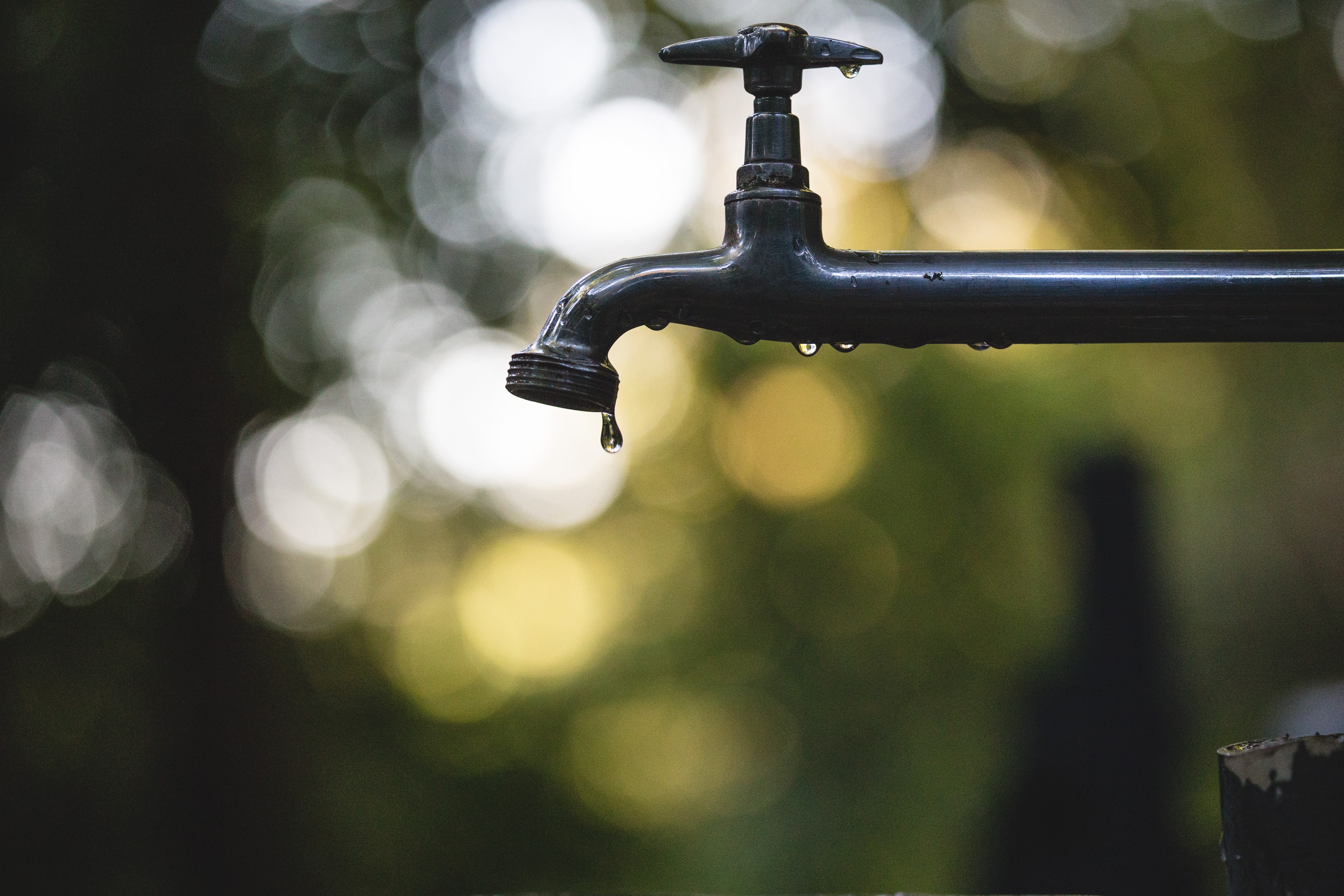
We've just touched on this, but since compost has excellent water-retention properties, this has other benefits for your soil and plants - apart from helping to reduce soil erosion.
Since composting improves the levels of water that are able to enter and remain in your soil, this means that there'll be far less water wastage, which will help you save on irrigation costs in the long run. It's estimated that compost is able to hold up to 20 times its own weight in water.
Eventually, excess water will make its way down through all the layers of the ground, where it will be filtered along the way. This not only ensures that groundwater supplies (like underground springs and other local water sources) will be replenished, but composting will also help to improve the quality of this water, thanks to the filtering it experiences along the way.
Composting adds beneficial micro-organisms to your soil
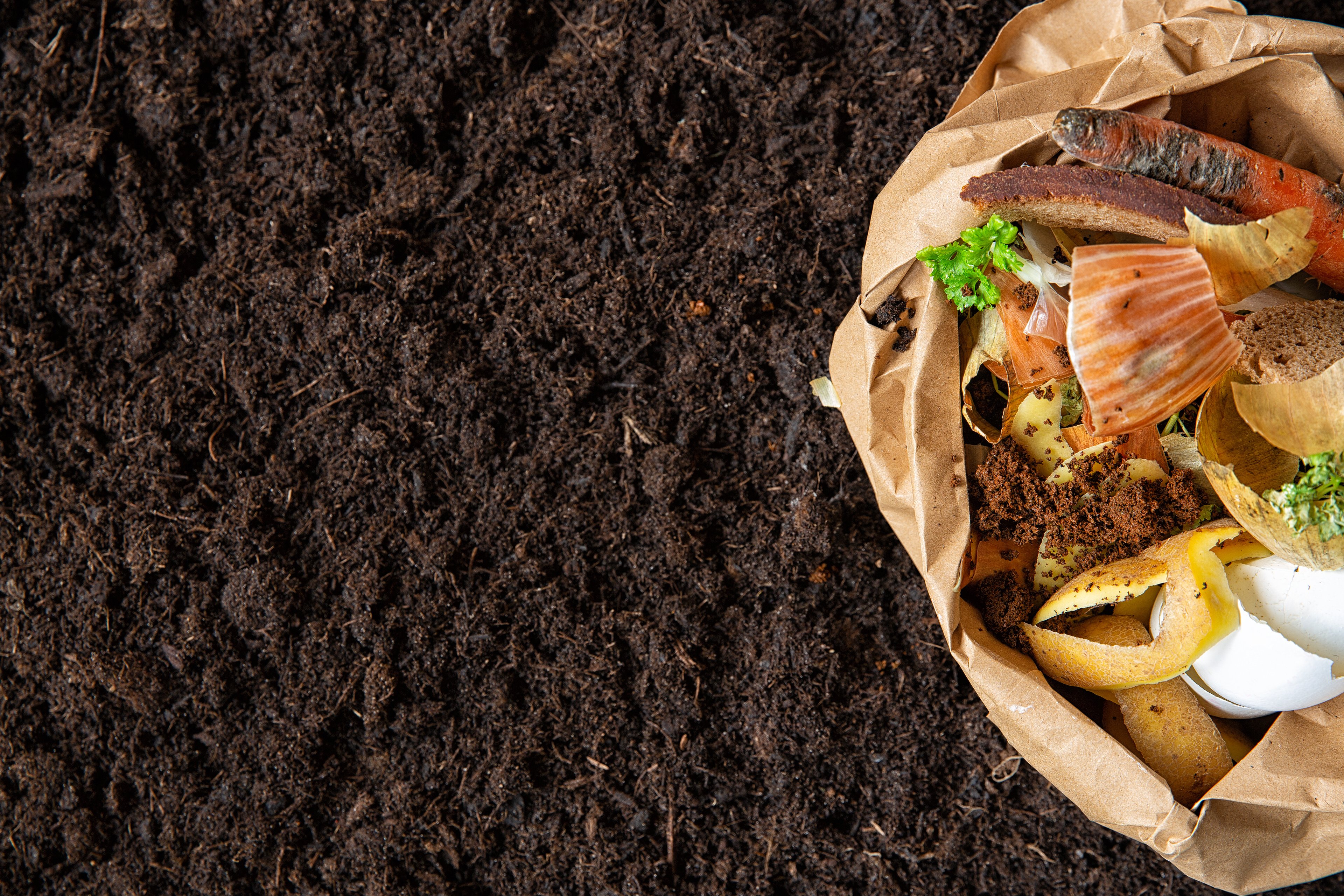
Our last major benefit is an important one for growers. While most growers always keep an eye out for potentially plant-damaging pests, many micro-organisms are actually beneficial for both your growing environment and your plants.
Your compost will be broken down by micro-organisms, which will help to introduce those health-enhancing nutrients into your soil. These are the nutrients that will be taken up by your plants and help them achieve optimal plant health.
Compost micro-organisms mostly include bacteria as well as types of fungi. To ensure that these are able to do their job well, you need to make sure that your compost gets enough aeration (oxygen) and that your compost is supplied with organic waste. Always follow the instructions for your chosen composting method.
Start your own composting journey today
Now that you know some of the main ways that composting can improve your soil and plants, why not get started? Learn about Composting Day provides a great excuse to get stuck in straight away.
What's more, there are a number of different composting methods available, from simple compost bins to more elaborate setups. Simply choose the method that suits you and your garden best, and watch as your soil and plant health improves steadily over time.




Submit a comment